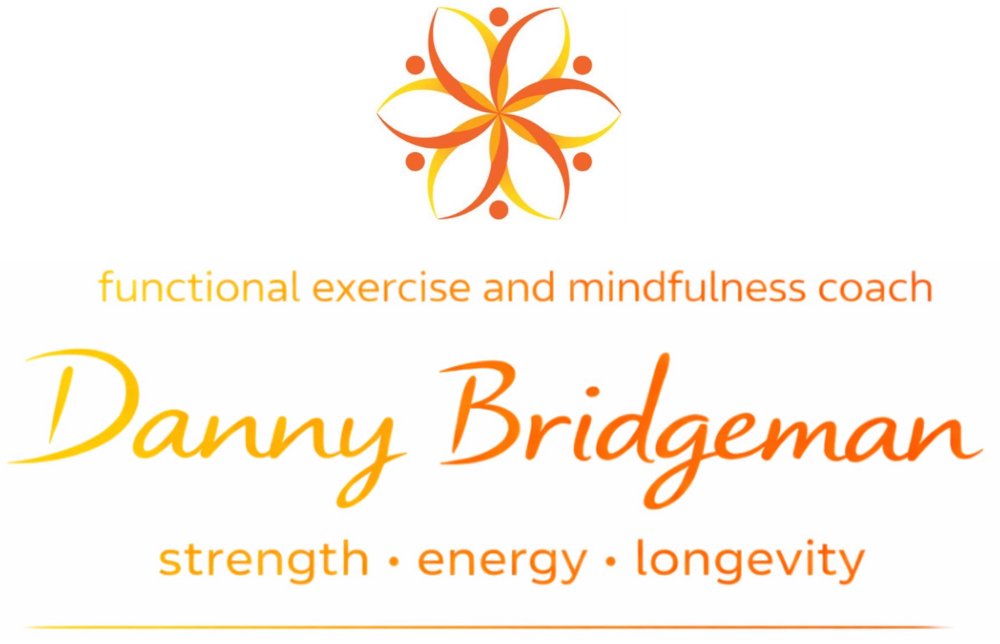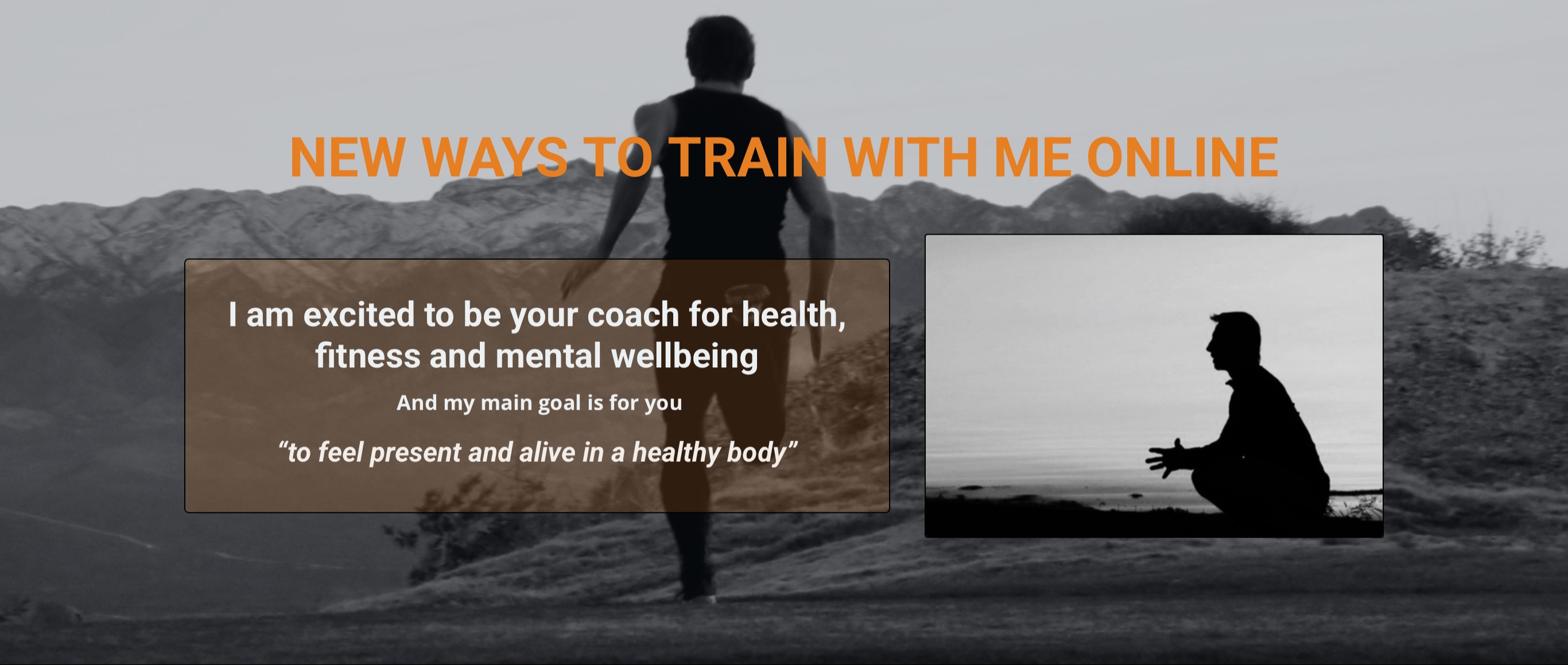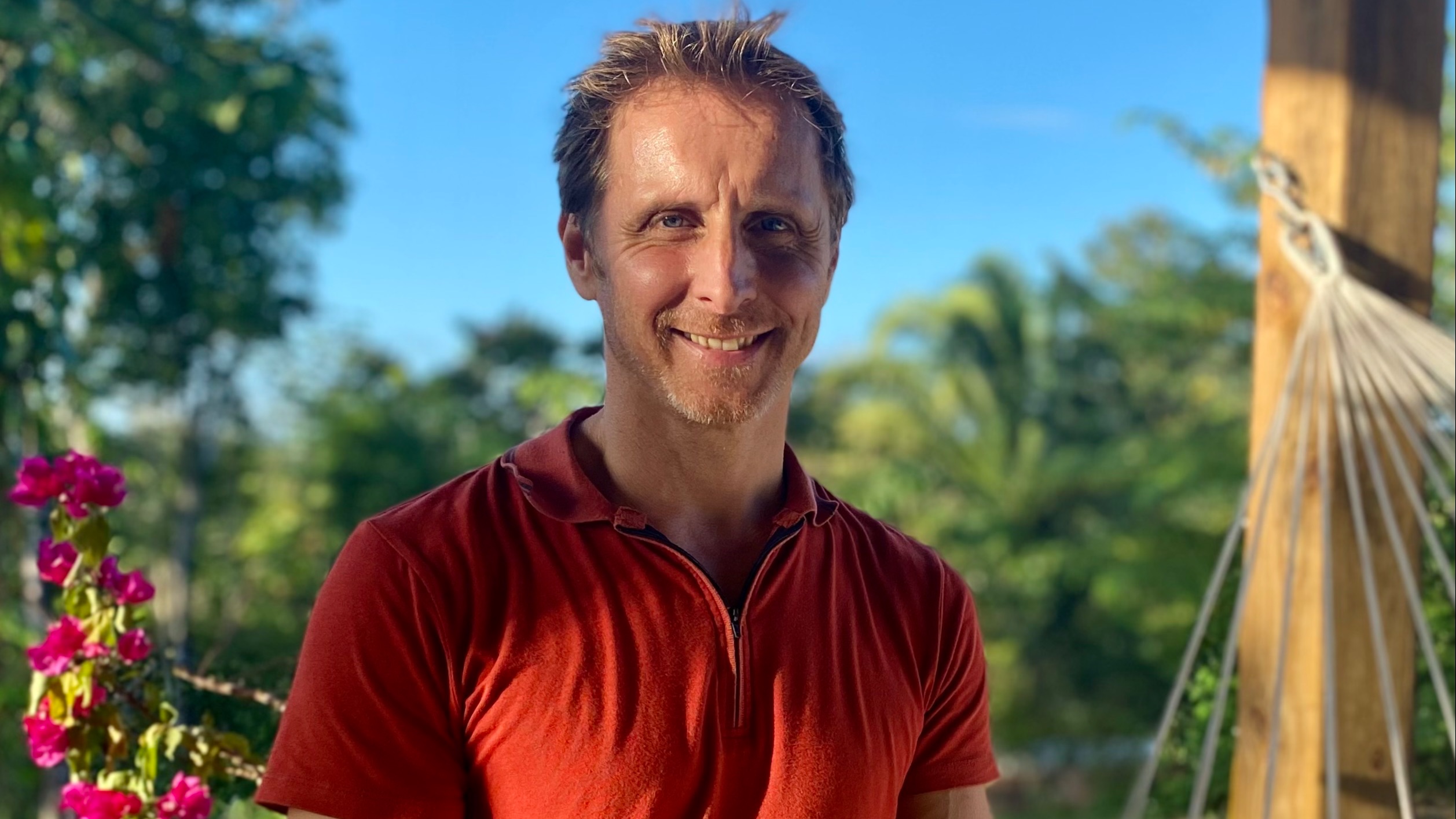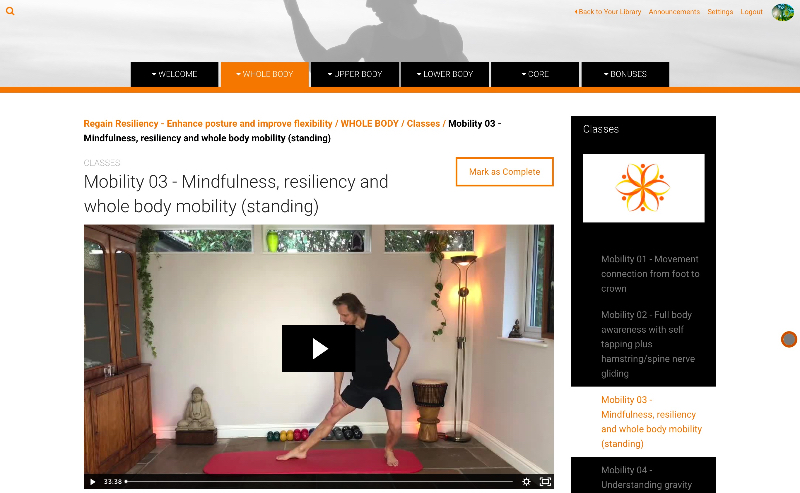Sharpening the senses - Sound part 1 - For better communication
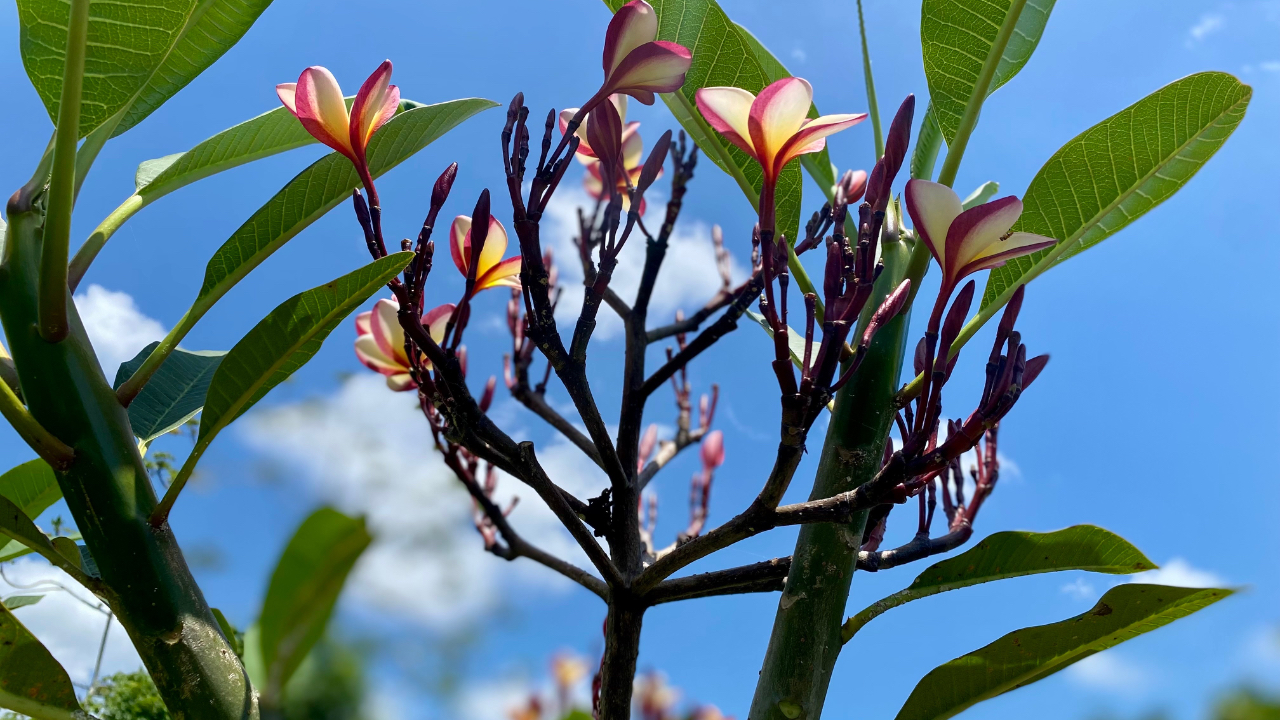
Most of my writings are to encouraging you to optimise your chances of living and thriving in a healthy body. And for this you need to evaluate your personal environment, which includes:
- Your food choices
- Your job/hobbies
- Sleep quality
- Stress levels and how you manage stress
- Relationships
- Commitment to regular exercise
- Your alignment in gait and while working
- Influence from TV shows, news, social media, teachers, coaches, gurus, friends, etc.
- Time in nature verses time indoors with modern conveniences (that’s anything with a plug or battery)!
- And of course… the thoughts in your head!
if you get a good awareness and balance of these, then that healthy body will not be so elusive!
And a major factor in this is your interpretation of and reaction to what is happening in any given moment. And in the moment, you make sense of the world with your five senses.
So, this week marks the beginning of a series of clusters that will bring attention to both the subtle and physical side of your five senses. The result, I predict is that will you have sharper senses and in doing so, feel more alive, awake and focused. And, then you’ll be to be ready and resilient to deal with what even comes your way.
In martial arts, the student’s body can be seen as a multi faceted tool that can be serviced and polished. And my sensei always said that regular training helps to ‘sharpen your blades’.
Onto this week’s focus of sound
We could say that listening comes in two forms. First, there’s hearing which comes directly from the ear as an organ of sound. Second, there’s listening/sensing which is a more of a whole body visceral experience that involves more subtle sensing. Both forms can be experienced directly (presence) or through individual filters that interpret and judge the experience.
Filters aren’t all bad and are simply part of our uniqueness that we develop from history, knowledge, beliefs, study and of course ego.
The problem though is that filters can be limiting and close off your ability to listen and hear to your maximum.
A basic tenant of mindfulness and meditation is to experience the moment and perceive what’s happening without judgement. Basically, you cut out or at least turn down the middle guy (ego). Personally, I aim to take this approach every day and find it a free and expansive way to listen and interact.
If we only ever hear through the filter of the ego then we can dismiss so much of what’s here and in effect narrow our perception and stiffle communication.
Direct listening
At times when you hear a sound that you do not like, a common practice is to minimise it. You might close a window, plug your ears or even confront the disturbance from a place of anger.
A great example is the car radio with different genres present. Why not take it in turns to play favourite songs? Aneed when it’s not your choice give it a listen and notice if there is at least some good quality that you’d previously missed.
So, for some listening growth, can your first reaction be to pause and accept? To hear the sound directly and clearly without that ‘bolt out the blocks’ reaction that arose from your personal charge.
Now, this may not be practical in the long run and there will be times in life when it’s completely appropriate to ask for somebody to be quiet or for the neighbour to turn down the music after midnight! The point here is to initially be calm. That way your nervous system can settle and you can move forward in an appropriate fashion when ready.
Listening to others
But, being a good listener does not come natural to many. Especially if you tend to be opinionated and quick to butt-in or offer a reply in conversation. As tempting as it maybe to get your view heard, if you interrupt others too soon it can stifle their flow and not allow expression to be complete.
Side note - When it comes to healing; listening to somebody as they talk and just being attentive can be all that is needed… no advice, no reply, no words needed.
And, when somebody pauses and seems to have finished speaking, you could ask them to elaborate on a certain point or say “thank you for sharing, is there anything more you would like to say about this”. This way, you get the full picture and can then respond (if any response is needed) appropriately.
So, some people are too quick to offer opinion and others are natural listeners. The funny thing is, I think everybody has both qualities. Meaning you might turn on your listening self with one person, yet jump straight to the ego (opinionated) self with another. Can you be your authentic self in conversation? And by that act, maybe you will naturally invite others be the same.
Summary
For improved communication in life, my suggestion is to practice your listening skills as often as possible. This applies to colleagues, family, friends and strangers you interact with at the supermarket! And of course, one of the best healing remedies for your senses is to get out in nature for a walk in the park/forrest/jungle and simply listen to the rustle of trees, sounds of birds and flowing water.
So, this week is all about listening to what’s here and perhaps discovering some new sounds in your environment (even if they’re not your ‘cup of tea’).
Let me know it goes and here are some mantra suggestions:
”I am becoming a better listener everyday”
”My communication skills are improving”
”I am learning to be less reactive to unwanted sounds”
”I’m a good talker but an even better listener”
* * * *
Thanks for reading
Take care
Danny
To access all Dojiva classes, start the 10 day trial - click here
